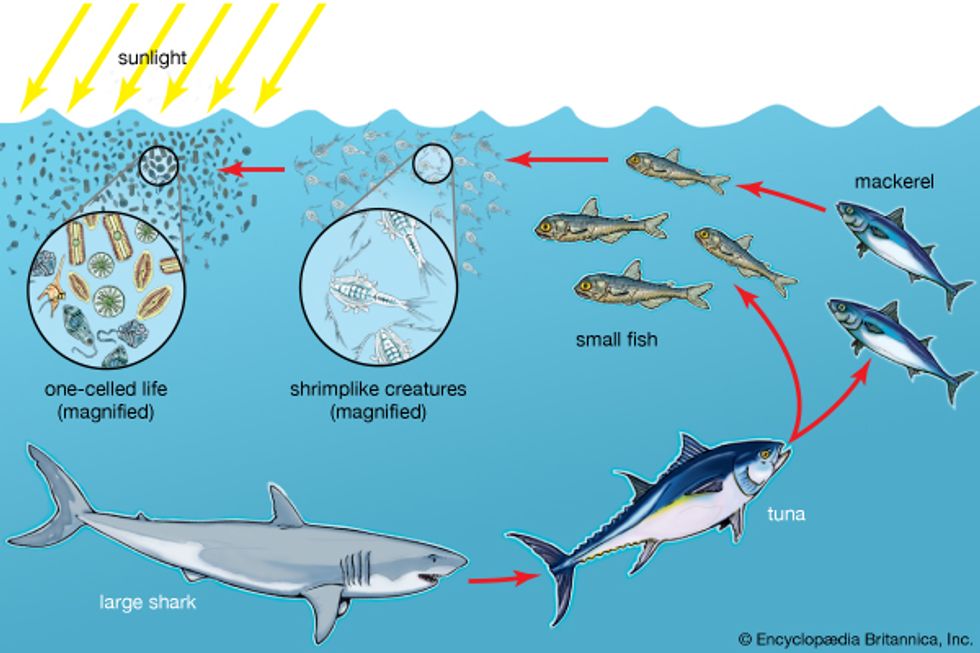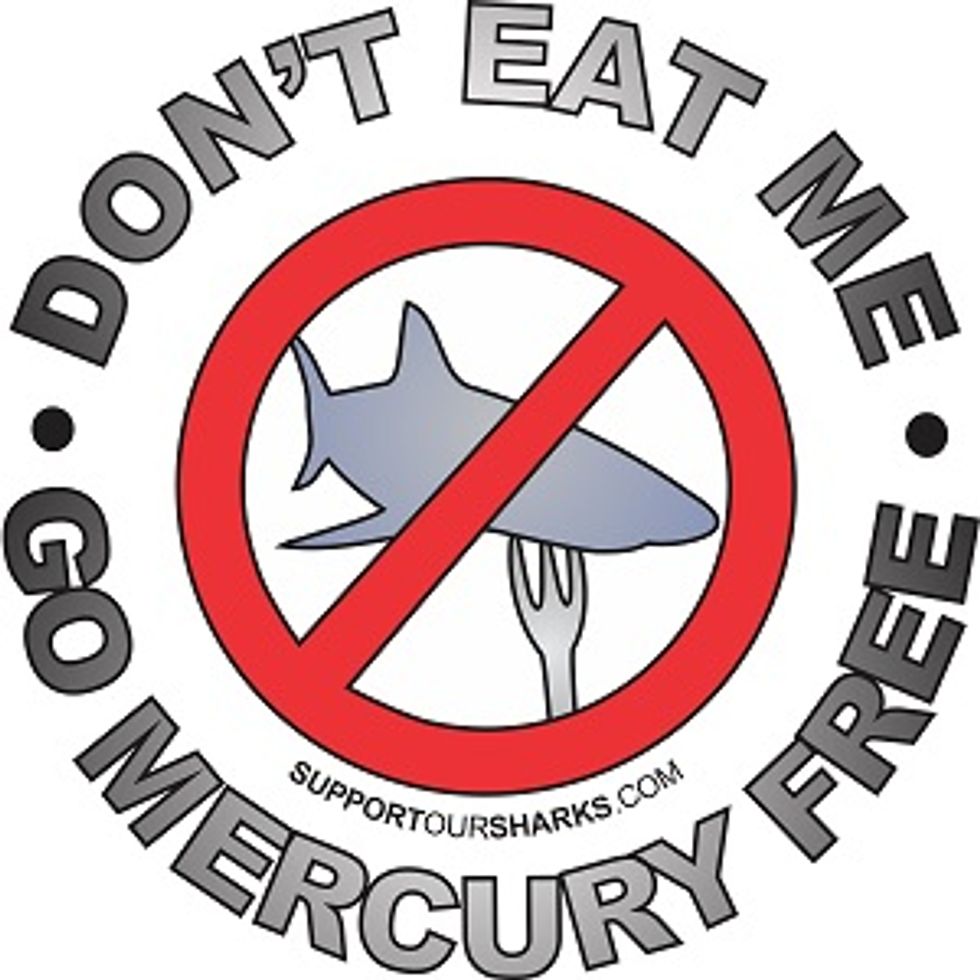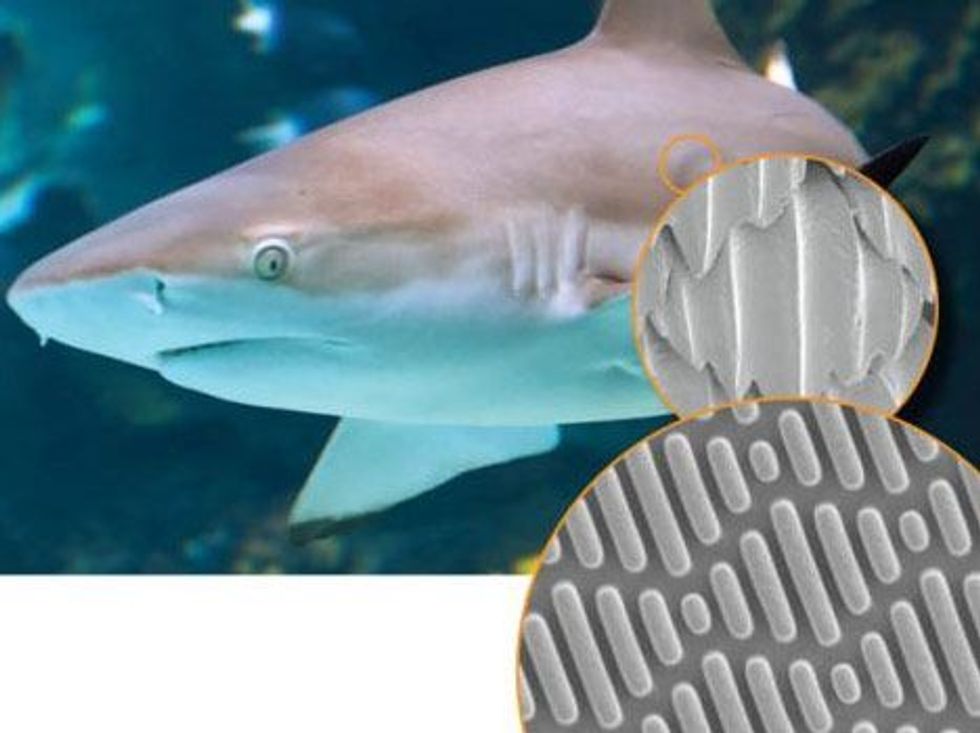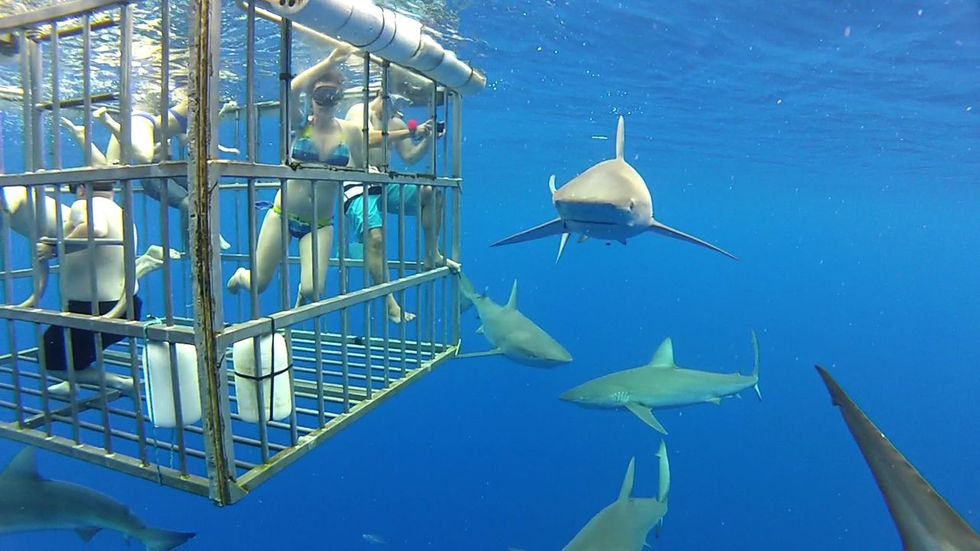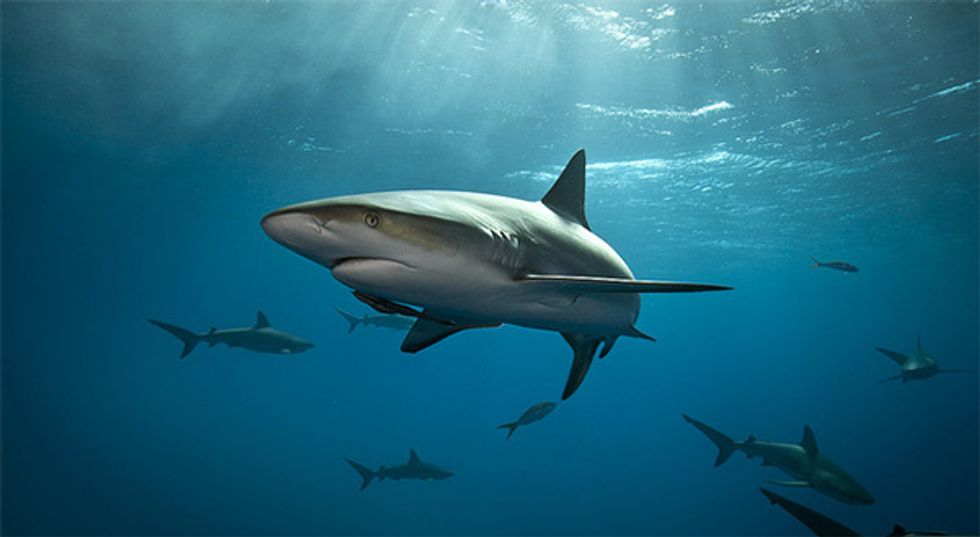It’s everyone’s favorite time of the year: Shark Week. Family’s and friends crowd their television sets eagerly to gain some factual information on their favorite sea creatures and even experience a man that is conceited enough to race one. Shark Week is great, very entertaining, and fascinating. The Shark Fin Trade, however, is not.
The Fin Trade has been going on for decades, and in some regions, they are resisting a move-on. Processes to remove a shark’s fins are brutal and inhumane, leaving many countries questioning the practice, and some banning it altogether (rightfully so). So how is it done?
When the shark is caught, is it brought out of the water, and secured to a table. While the animal is alive, they slice off the Primary Dorsal Fin, Secondary Dorsal Fin, Pectoral Fins, Pelvic Fin, Anal Fin, and lastly, their Caudal Fin (many would know this as the “tail”). Usually, the shark dies from a lack of oxygen; it’s gills unable to filter out the water that is trapped in them. If not from a lack of oxygen, the shark is thrown directly back into the ocean after the process is done- now left with a bare finless body — to be eaten by other fish while defenseless at the bottom of the ocean.
Many would suggest that this is the circle of life and that animals are meant to be killed and consumed forever. However, this is very wrong and needs to be looked at with closer and more understanding eyes. Sharks are incredibly important to the ocean’s ecosystem, and here are 6 reasons why.
1. Sharks are at the Top of the Food Chain
Sharks are way at the top of the ocean’s food chain, meaning it is their important job to regulate the population of other sea creatures. If sharks were to go extinct because of human activity, other species living in the ocean would likely explode, an cause serious damage to the ocean’s circle of life. Boris Worm, a professor of marine biology at Dalhousie University, stated during an interview with USA Today that the human species is killing 6.5 to 8 percent of all sharks per year (source). That would mean extinction within the next decade or two, and a large increase of many harmful sea creatures.
2. Sharks Prevent Overgrazing
Overgrazing, according to Dictionary.com, is the process of feeding off of a section of land so heavily that the vegetation is heavily damaged, and subjected to possible erosion. Sharks are very important to the ocean’s ecosystem by spreading out the ocean’s species and getting them to feed off of a wide variety of land, rather than one specific area. If sharks were to disappear, sea creatures would have no reason to move away from their feeding spots, and numerous areas of the ocean would become severely damaged. This severe damage would lead to a wide spread of habitat danger, killing off thousands more of the ocean’s species. Believe it or not, sharks are very important when it comes to keeping our sea creature’s alive and well.
3. Sharks Could Be Toxic to Eat
Forgetting about the ocean’s problems for a minute, eating shark to be very damaging to humans. Sharks undergo bioaccumulation, meaning they take in many chemicals during their feeding time, and are able to slowly filter them out of their body. This includes many metals including the damaging element, mercury. That said, sharks are a lot better at filtering out mercury than humans are, therefore, humans should be cautious when considering to consume a shark. You could die from poisoning.
4. Biomimicry
Biomimicry is the practice of mimicking structures and functions of certain animals in order to recreate them for the better of human and other animal life. For example, shark tissue contains many antibacterial elements and many anticoagulant properties, so humans are studying their cells in hope of recreating this material, and putting it towards the cures of viruses and cystic fibrosis. As well as their tissue, scientists are studying shark fins and how they move, in order to create technology that will mimic a shark fin, and create electricity just as a wind turbine does. Pretty cool, right?
5. Tourism
Believe it or not, sharks are a very big part of some of the world’s economy. Shark tourism is huge, and people love visiting the waters to experience the beauty for themselves. For many small islands and towns, this tourism rakes in tons of money, and helps them to keep their economy stable. No sharks means no tourism; leading to a fall of many of this world’s economies.
6. Sharks are Beautiful
Aside from everything else, sharks are majestic, amazing, and even historical creatures. It is the reason why Shark Week thrives the way that it does; humans love sharks. That said, it is possible to love sharks without eating them, killing them, slaughtering them. These beautiful creatures are disappearing by the minute, and it is up to us to do what we can to preserve them.






